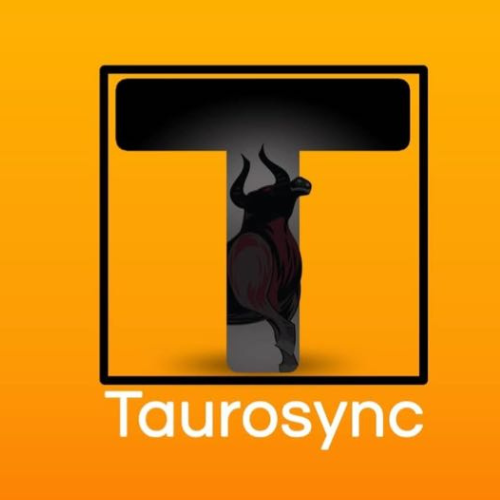The Complete Guide to Influencer Marketing
In today’s digital age, traditional advertising is no longer enough to capture the attention and trust of modern consumers. People crave authenticity, real stories, and human connection—and that’s where influencer marketing shines. By partnering with individuals who have built loyal audiences on platforms like Instagram, YouTube, TikTok, and blogs, brands can tap into niche communities and boost credibility, engagement, and sales.

What Is Influencer Marketing? How It Works & Why It Matters
Influencer marketing is a strategy that involves collaborating with individuals—known as influencers—who have a strong, engaged following on social media or other digital platforms. These influencers promote a brand’s products or services to their audience, often through sponsored posts, product reviews, unboxings, or tutorials.

Mastering Influencer Marketing in the Digital Age
Unlike celebrity endorsements, influencer marketing focuses on authenticity and relatability. Influencers are seen as trusted peers or experts by their followers, making their recommendations more persuasive than traditional advertisements.



The Do’s and Don’ts of Influencer Marketing
Influencer marketing is not just a trend—it’s a proven strategy that helps brands connect with audiences in a more meaningful and authentic way. Whether you’re a startup or a global brand, collaborating with the right influencers can amplify your message, strengthen customer trust, and drive measurable results.
As digital platforms continue to evolve, influencer marketing will remain a critical tool in any brand’s marketing toolkit—helping businesses cut through the noise and speak directly to the people who matter most.

Instagram Influencer Marketing Trends & Tactics
2. Niche Targeting
Influencers often have specific niches—such as beauty, fitness, travel, tech, or parenting—allowing brands to reach highly targeted audiences that align with their products or services.
3. High Engagement Rates
Influencers typically enjoy strong engagement with their followers through likes, comments, shares, and direct messages. This level of interaction helps amplify brand messages and drives higher conversion rates.
4. Improved Brand Awareness
Working with influencers expands your brand’s reach and puts it in front of new, interested audiences. Influencers can introduce your product to potential customers who may have never encountered your brand otherwise.
5. Content Creation at Scale
Influencers are skilled content creators. Partnering with them gives brands access to high-quality photos, videos, and reviews that can be reused across websites, ads, and social channels.



